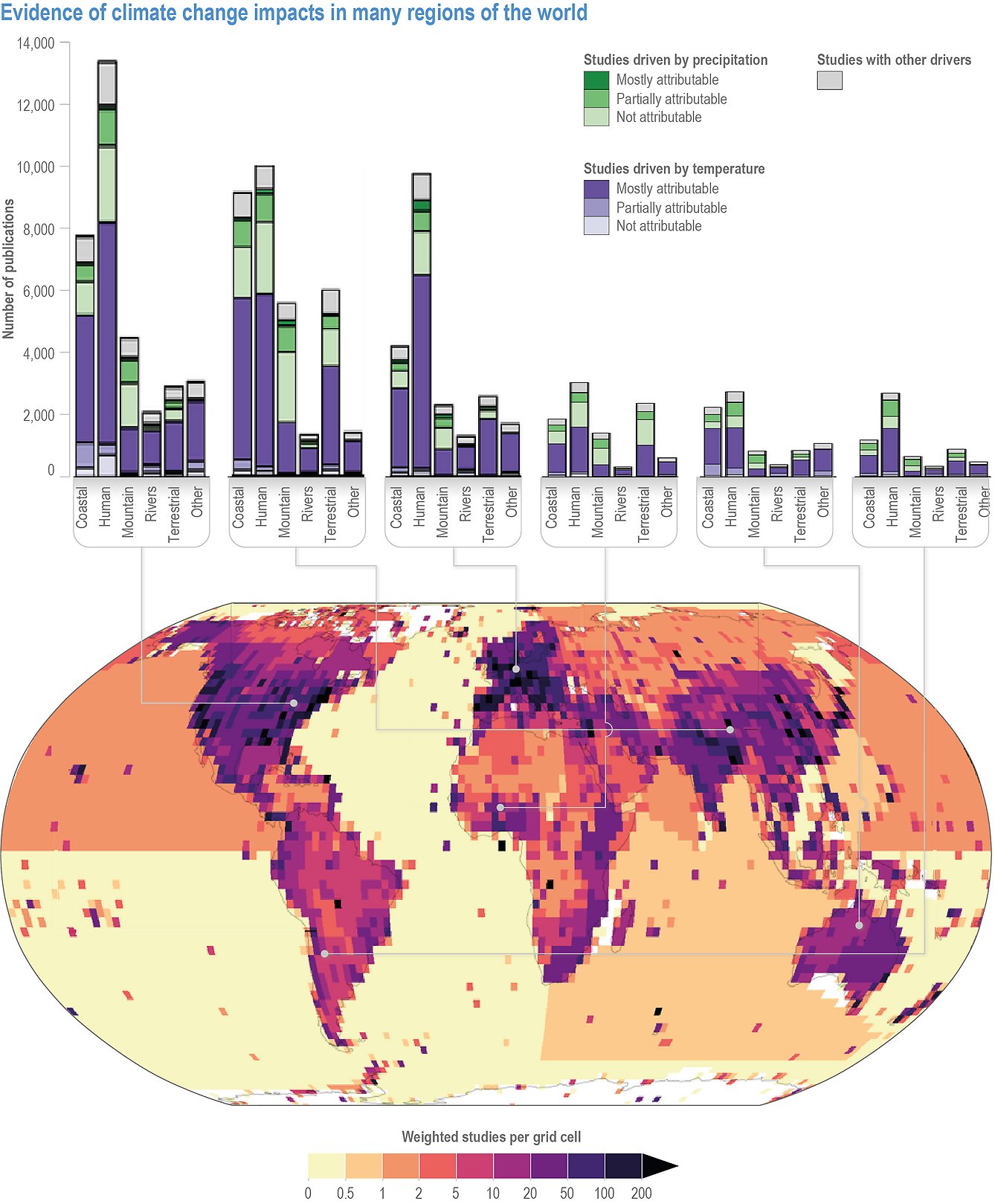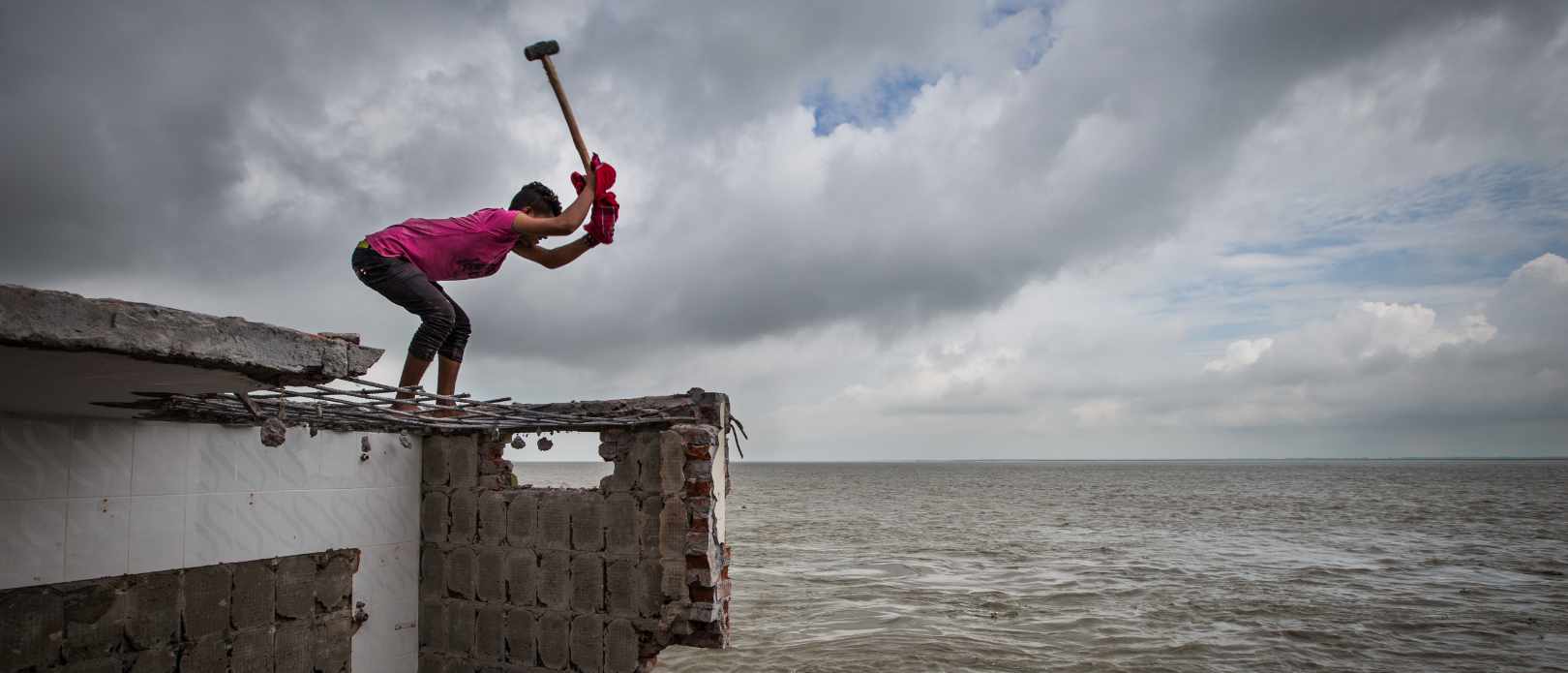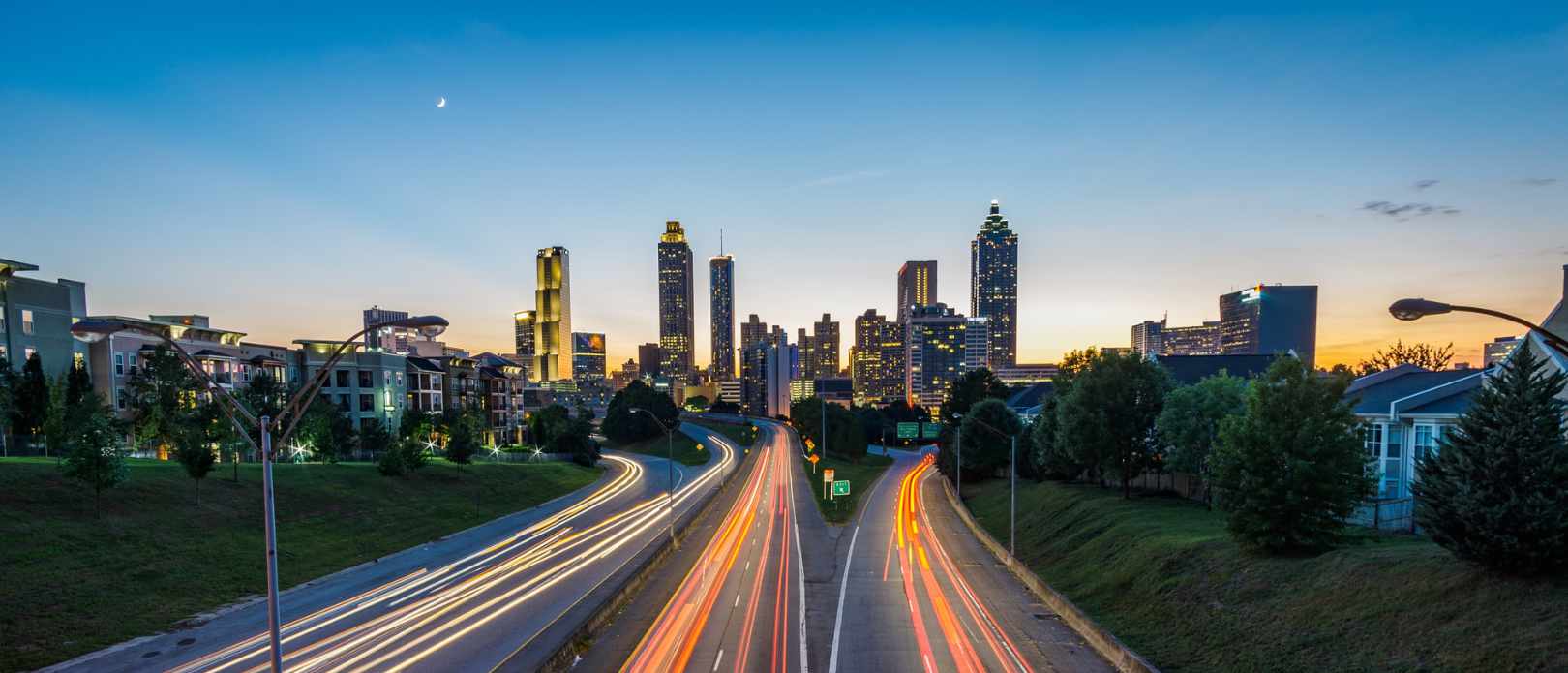CLIMATE CHANGE
IPCC: risks over the next decades are unavoidable
Latest report puts emphasis on urgent action but warns vulnerable regions will face inevitable effects due to already locked-in changes to the climate
- Compared to previous reports, the report acknowledges the need for urgent action and confirms the scientific evidence that climate change is a threat
- Cities and urban development are considered central to both the increased risks and the necessary solutions.
- This is the second instalment of the IPCC’s Sixth Assessment Report (AR6), which will be completed this year
A DIRE WARNING: The world faces unavoidable multiple climate hazards over the next two decades with global warming of 1.5°C. Even temporarily exceeding this warming level will result in additional severe impacts, some of which will be irreversible for particularly vulnerable regions such as small islands, mountains, and polar regions.
These are some of the key messages from the latest Intergovernmental Panel on Climate Change (IPCC) report which was published 28 February, 2022.
Cities and urban development are considered central to both the increased risks and the necessary solutions. Timon McPhearson, an associate research fellow at the Stockholm Resilience Centre, was a lead author on the report’s chapter on cities.
He says cities can be drivers of solutions as more and more cities are developing adaptation plans. But many of these have yet to be implemented.
This, McPhearson warns, underlines the importance of acting now to bring climate resilience squarely into urban development plans and actions.
By 2050, we expect an additional 2.5 billion people to be living in cities with much of this growth happening in Asia and in Africa. But cities are already now and will be increasingly hotspots for climate impacts and risks. Therefore, they are critical parts of the climate solution and climate action taken in cities can also have benefits for connected settlements and rural areas.
Timon McPhearson, lead author IPCC report
Nature’s untapped potential
The IPCC report, which based on the work of Working Group II, is the second instalment of the IPCC’s Sixth Assessment Report (AR6), which will be completed this year.
Compared to previous reports, the report acknowledges the need for urgent action. It confirms the unequivocal scientific evidence that climate change is a threat to human wellbeing and the health of the planet. Any further delay in concerted global action will miss a brief and rapidly closing window to secure a liveable future but some change is unavoidable due to historically locked-in developments.
“This report is a dire warning about the consequences of inaction,” said Hoesung Lee, Chair of the IPCC. “It shows that climate change is a grave and mounting threat to our wellbeing and a healthy planet. Our actions today will shape how people adapt and nature responds to increasing climate risks.”
“Failure to achieve climate resilient and sustainable development will result in a suboptimal future for people and nature,” added IPCC Working Group II Co-Chair Debra Roberts.
Furthermore, the report provides new insights into nature’s potential not only to reduce climate risks but also to improve people's lives.
By restoring degraded ecosystems and effectively and equitably conserving 30 to 50 per cent of Earth’s land, freshwater and ocean habitats, society can benefit from nature’s capacity to absorb and store carbon, and we can accelerate progress towards sustainable development, but adequate finance and political support are essential.

Climate Resilient Development at risk
The report clearly states that Climate Resilient Development, a framework used to describe how countries can cope with climate change in ways that preserve development gains while minimizing damages, is already challenging at current warming levels.
Climate Resilient Development will become more limited if global warming exceeds 1.5°C (2.7°F). In some regions it will be impossible if global warming exceeds 2°C (3.6°F). This underlines the urgency for climate action, focusing on equity and justice. Adequate funding, technology transfer, political commitment and partnership lead to more effective climate change adaptation and emissions reductions.
Our assessment clearly shows that tackling all these different challenges involves everyone – governments, the private sector, civil society – working together to prioritize risk reduction, as well as equity and justice, in decision-making and investment.
Debra Roberts, IPCC Working Group II Co-Chair









